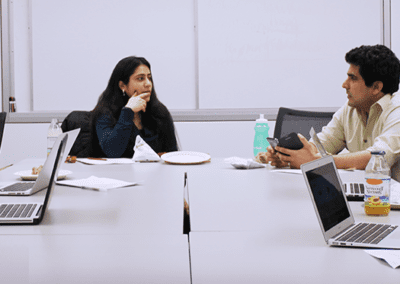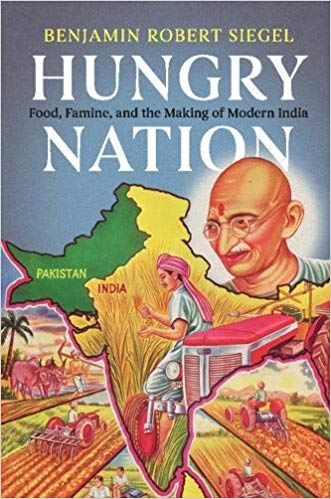TestPage
SubheadingSection Name
Lorem ipsum dolor sit amet, consectetur adipiscing elit. Aliquam justo lectus, ultrices et luctus et, dictum et erat. Suspendisse at tellus sagittis, condimentum metus vel, fermentum libero. Sed pharetra mauris et justo ornare rutrum. Aliquam sodales lorem ut ipsum vehicula faucibus. Proin ornare ullamcorper condimentum. Curabitur at felis faucibus, sodales elit dapibus, fringilla purus. Vivamus eu sagittis est. Nulla a placerat metus. Nulla tincidunt lorem lorem, id sollicitudin arcu malesuada ac. Suspendisse laoreet imperdiet elit eget fermentum. Quisque vitae rhoncus purus. Nulla semper fringilla orci, sit amet bibendum massa fermentum sit amet. Donec aliquam felis eget hendrerit pellentesque. Proin at erat nisl. Proin porta varius odio, quis luctus eros pellentesque finibus.
Title1
j2lfh2fk 2lfh
Title1
j2lfh2fk 2lfh
Title1
j2lfh2fk 2lfh
Nunc feugiat lectus urna, in rutrum risus tempus eget. Cras at ante ut orci pharetra placerat. Nam pulvinar, lacus nec consequat tincidunt, arcu est gravida libero, eget lacinia velit nisi id tortor. Donec cursus felis at enim faucibus feugiat. Nulla nec lacus at lorem consequat gravida. Vestibulum ante ipsum primis in faucibus orci luctus et ultrices posuere cubilia Curae; Maecenas malesuada dui at dolor cursus eleifend. Sed fringilla, urna pretium sodales tempus, augue tortor volutpat urna, quis pretium justo mauris efficitur leo. Pellentesque fermentum dapibus interdum.
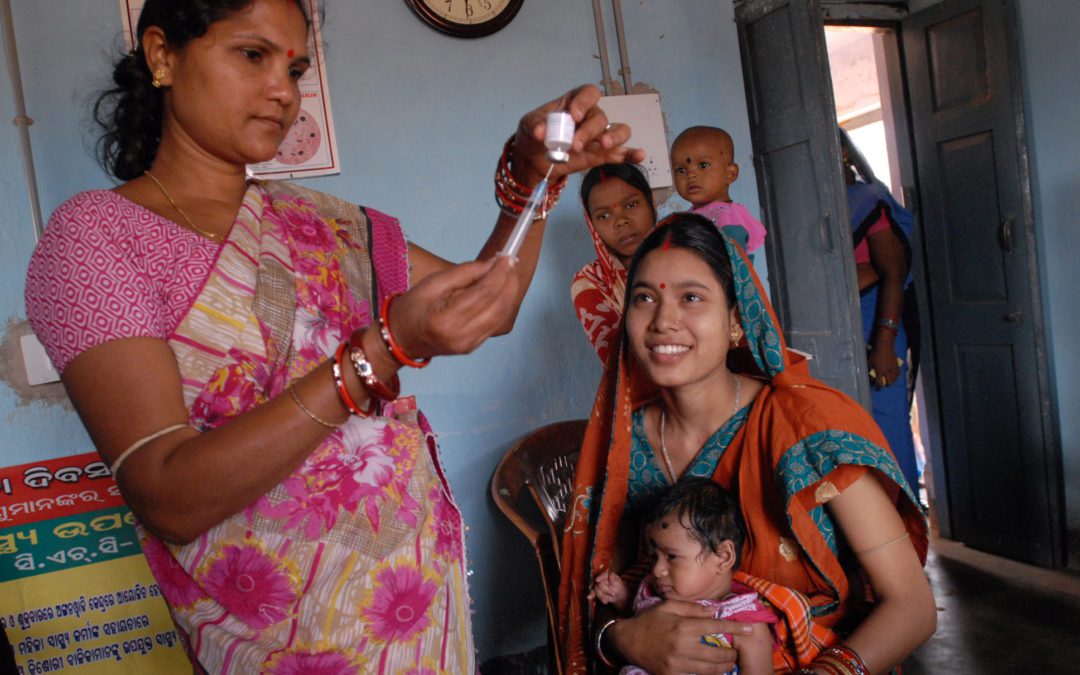
New Digital Book: Science & South Asia
The Mittal Institute has curated its latest publication that explores scientific developments in South Asia, bringing together papers written by Harvard faculty and conservators, as well as faculty and experts from across the US and South Asia. The publication is now available digitally and covers a vast array of topics, from healthcare in India to the new, sophisticated technology behind art conservation. You can access the Science & South Asia publication by clicking the button below.
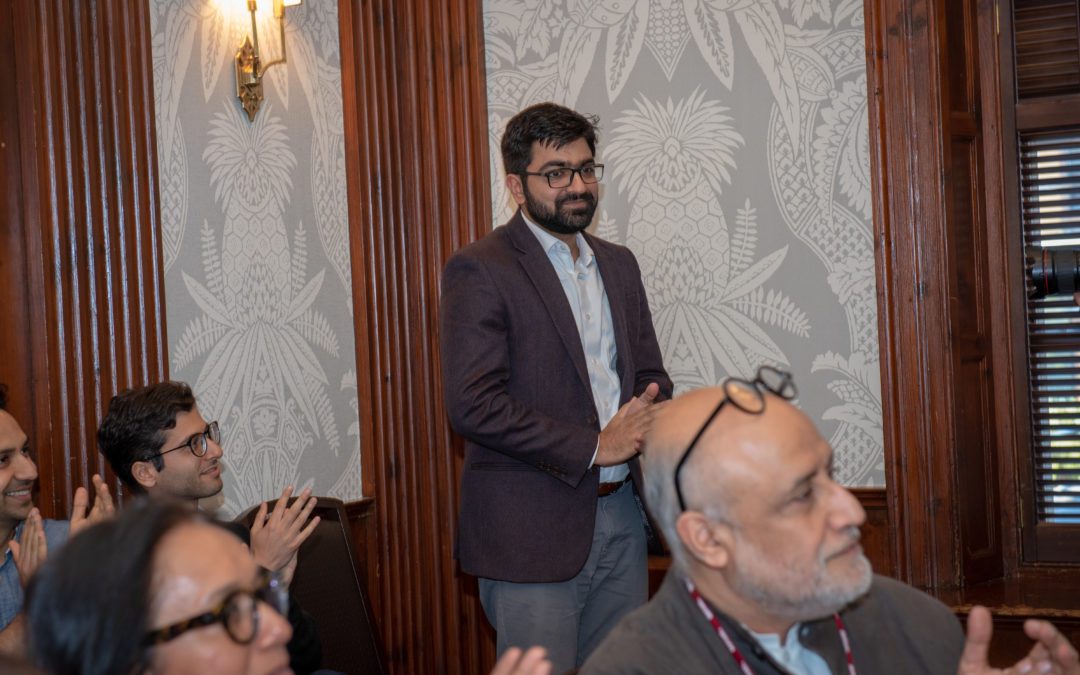
Gramhal: Breaking the Cycle of Debt for India’s Farmers
Every 30 minutes, a farmer in India commits suicide. That haunting fact is the inspiration behind a new social enterprise and digital platform called Gramhal, which will streamline the work of smallholder farmers in India, while increasing their income. Co-founders Vikas Birhma, originally from a village in Northern India, and Pankaj Mahalle, from a small village in Central India, met and became friends at the Tata Institute of Social Sciences in Mumbai. “We both had lived experiences of agrarian hardships and poverty, which became a strong undercurrent of our friendship,” Birhma said.
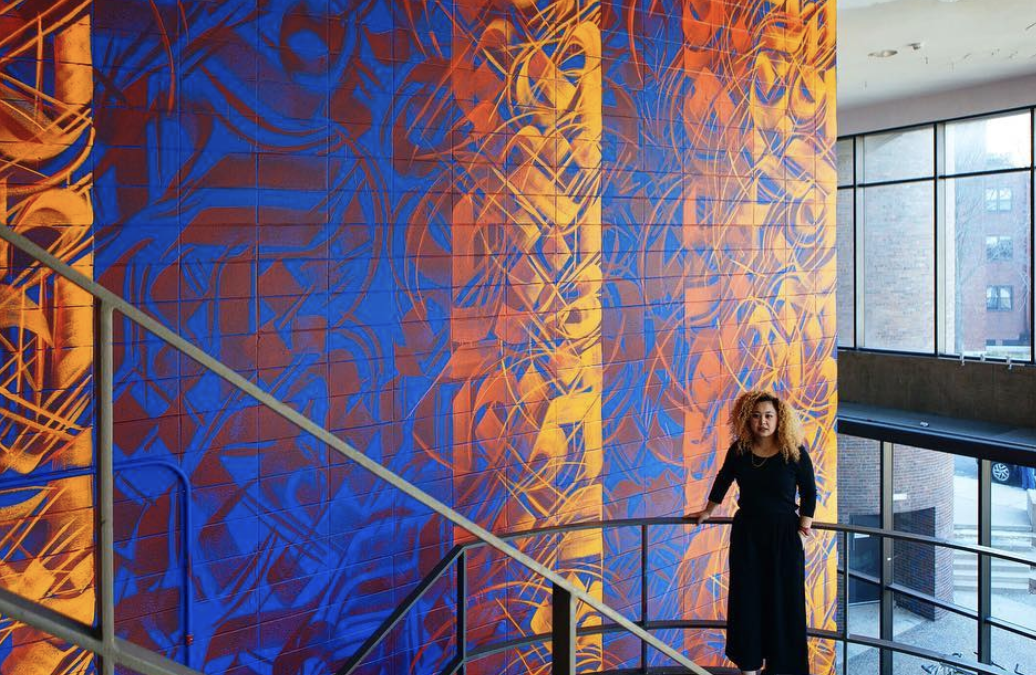
Podcast: Art in South Asia
In our first episode of our Art in South Asia podcast series, we sat down with Sneha Shrestha, the Mittal Institute’s Arts Program Manager, to learn more about the meaning behind her Nepali-inspired work, the most exciting art piece she’s ever worked on, and the Visiting Artist Fellowship, which brings artists from South Asia to the Mittal Institute to perform research and utilize Harvard’s resources.

The Mittal Institute’s 2018-2019 Year In Review
Read our 2018-2019 Year In Review, now available digitally, to learn about the recent developments in the Mittal Institute’s programs, projects, research, events, and more!

Hildreth, Mirza, Bhutto: Reflections on Pakistan’s 1950s Politics
In a recent paper, Professor Ian Talbot, a 2018 Mittal Institute Visiting Fellow and Professor at the University of Southampton, delved into the precarious politics of Pakistan’s formative years in the 1950s. Below is an excerpt from the paper; click the link within this post to view the paper in its entirety.
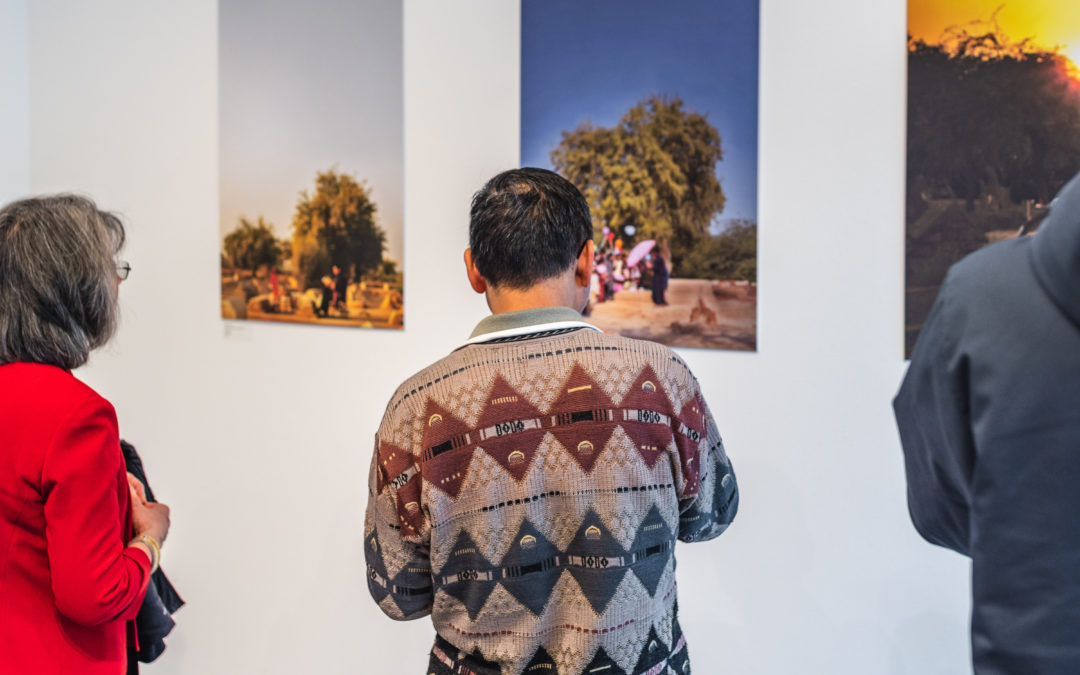
Visiting Artist Fellowship: Exploring South Asia Through Art and Design
Each year, the Mittal Institute welcomes four Visiting Artist Fellows from South Asia to its Cambridge office for eight weeks, connecting them to Harvard University’s vast wealth of intellectual resources. With the applications now open for the Fall 2019 and Spring 2020 fellowships and due July 1, 2019, mid-career visual artists from Afghanistan, Bangladesh, Bhutan, India, Myanmar, Nepal, Pakistan, Maldives, or Sri Lanka have the opportunity to perform research at Harvard and interact with faculty and students, exploring critical issues in South Asia through the lens of art and design.
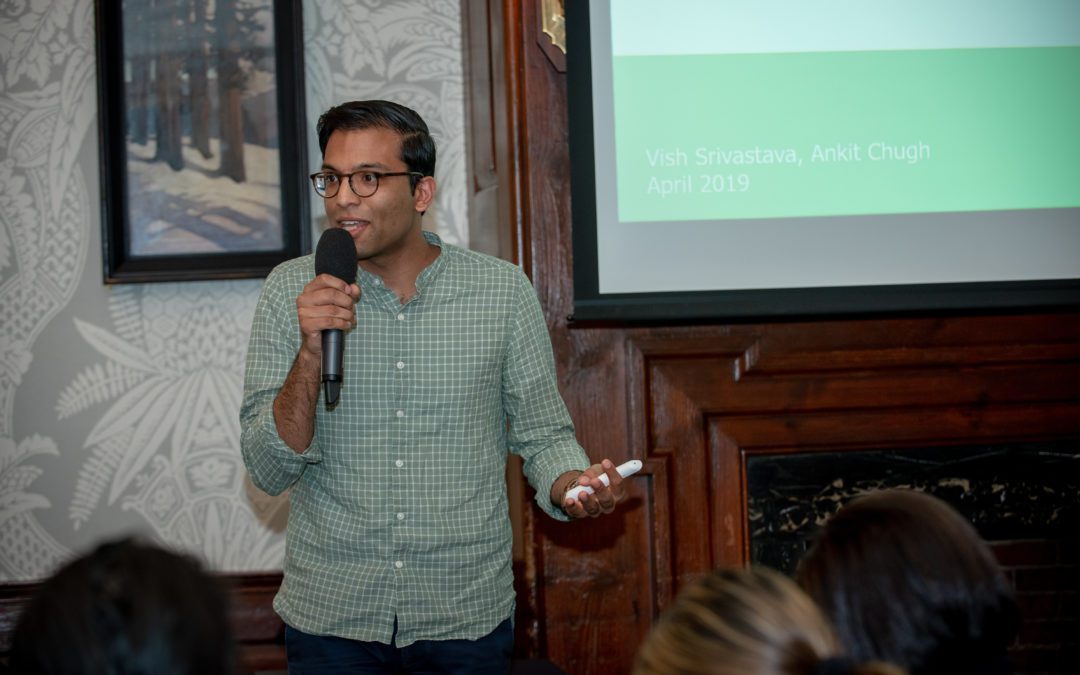
Meet: Rebuilding Trust in India’s Job Market
“The pathway from education to employment for Indian youth is, simply put, failing them,” says Vish Srivastava, co-founder of India’s newest employment app, Meet. Alongside co-founder Ankit Chugh, the two have built a platform to address the difficulties that India’s job market presents, with 30% of Indians aged 15-29 either unemployed or not enrolled in an educational institution or skills training program.
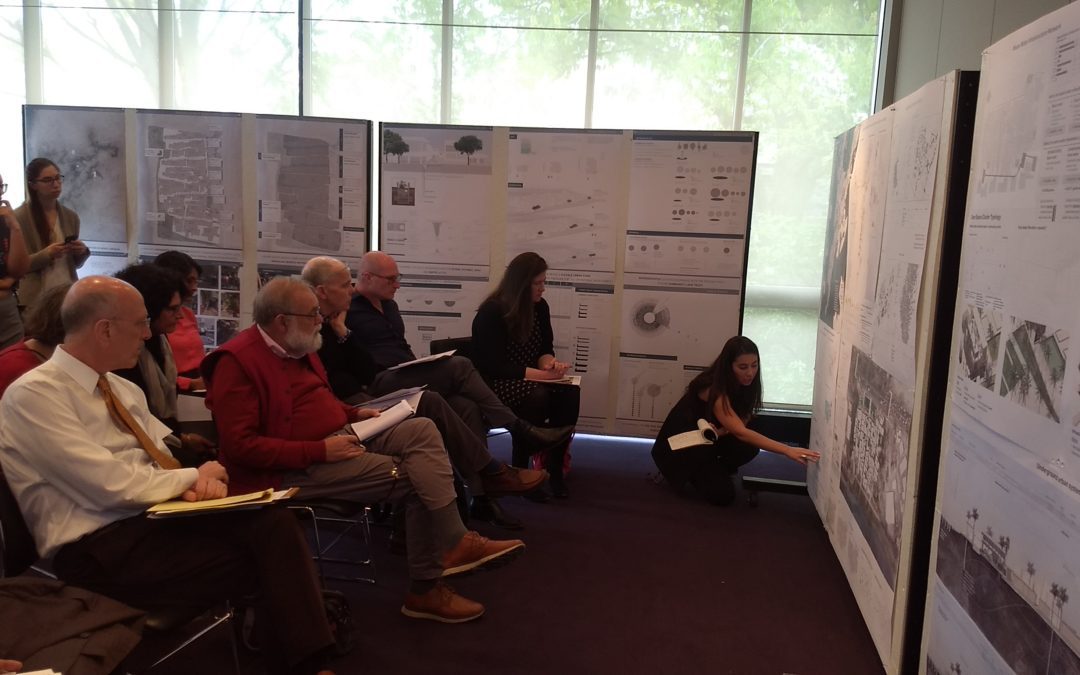
Transforming Mumbai’s Indigenous Settlement Infrastructure
Over the Spring semester, Professor Rahul Mehrotra of the Harvard Graduate School of Design challenged his students in an Option Studio to examine the sanitation infrastructure of Mumbai. They were given one ultimate goal: to build a wide-ranging strategy that would upgrade the indigenous settlements of the Koli or fishing community and integrate them into the broader urban system through sanitation infrastructure.
We’re Hiring! Communications Manager: New Delhi Office
The Mittal Institute engages in interdisciplinary research to advance and deepen the understanding of critical issues in South Asia and the region’s relationship with the world. It holds regular events on issues relating to South Asia; offers fellowships and grants to further the study of the South Asian region; produces research and programs on social, economic, scientific, and political issues in South Asia; and much more. We are seeking a Communications Manager to handle content, communications, press relations, and event outreach in our New Delhi office.
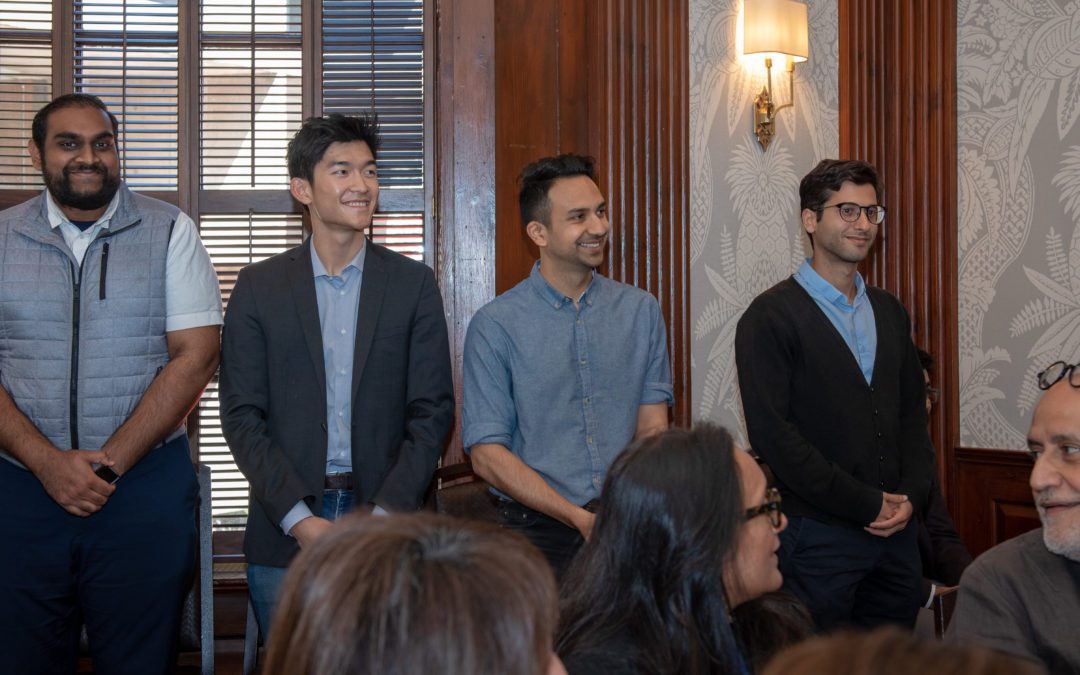
Riskboard: Using Tech and Social Media to Protect Human Rights
Each year, the Mittal Institute’s Seed for Change competition invites Harvard students to propose projects that can positively impact societal, economic, or environmental issues in India and Pakistan, helping to develop innovation and entrepreneurship in the two countries. This year, a close competition provided grants to one winning team and two runners-up to develop their projects. Riskboard, a runner-up, is an app in development by four Harvard students that will harness online data via social media and open source media data sites to monitor political risk and human rights abuses in India.
Nunc feugiat lectus urna, in rutrum risus tempus eget. Cras at ante ut orci pharetra placerat. Nam pulvinar, lacus nec consequat tincidunt, arcu est gravida libero, eget lacinia velit nisi id tortor. Donec cursus felis at enim faucibus feugiat. Nulla nec lacus at lorem consequat gravida. Vestibulum ante ipsum primis in faucibus orci luctus et ultrices posuere cubilia Curae; Maecenas malesuada dui at dolor cursus eleifend. Sed fringilla, urna pretium sodales tempus, augue tortor volutpat urna, quis pretium justo mauris efficitur leo. Pellentesque fermentum dapibus interdum.
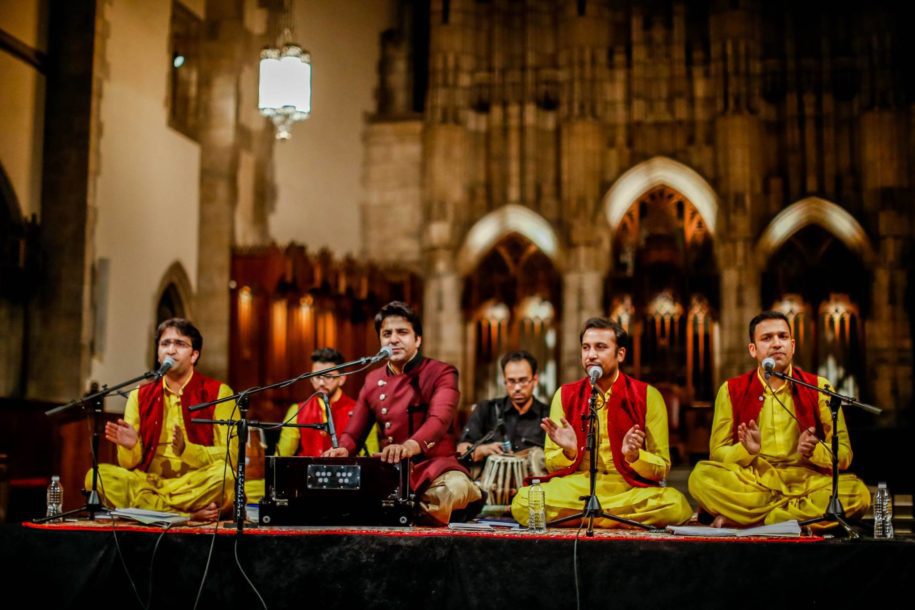
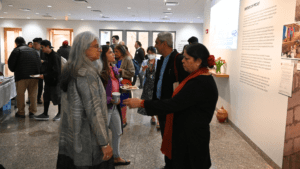
Caption here
Welcome to The Lakshmi Mittal and Family South Asia Institute at Harvard University! We are dedicated to exploring the rich and diverse cultures of South Asia through research, education, and engagement. Our institute brings together scholars, students, and practitioners to foster innovative thinking and collaboration. Discover our wide range of programs, events, and resources that celebrate the vibrant tapestry of South Asian heritage. Join us on this exciting journey of knowledge and discovery!
